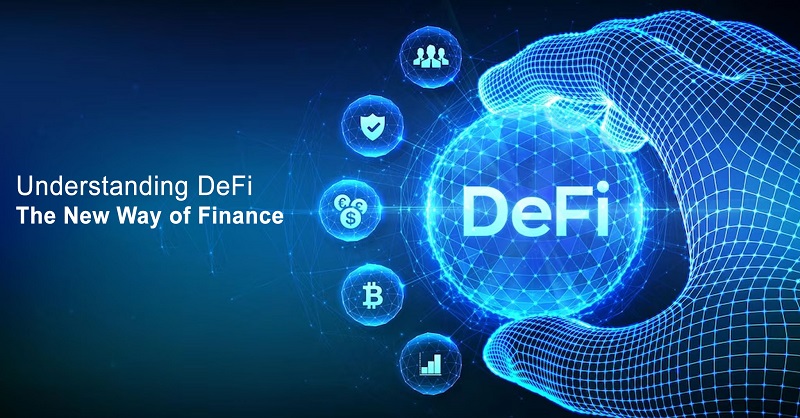The Genesis of Bitcoin and the Rise of Decentralized Finance

Bitcoin's Genesis:
In 2008, an individual or group operating under the pseudonym Satoshi Nakamoto introduced Bitcoin through a whitepaper titled "Bitcoin: A Peer-to-Peer Electronic Cash System." The primary goal was to create a decentralized digital currency that operated on a peer-to-peer network, eliminating the need for intermediaries like banks.
Key Features of Bitcoin:
- Decentralization: Bitcoin operates on a decentralized network of computers, known as nodes, where transactions are recorded on a public ledger called the blockchain. This decentralized nature ensures transparency and security.
- Limited Supply: Unlike traditional fiat currencies, Bitcoin has a capped supply of 21 million coins. This scarcity is designed to prevent inflation and provide a store of value over time.
- Blockchain Technology: The underlying technology of Bitcoin is blockchain, a distributed ledger that securely records all transactions. This technology has since been adopted across various industries for its transparency and immutability.
The Birth of Decentralized Finance (DeFi):
Bitcoin laid the groundwork for a new era in finance, inspiring the creation of decentralized applications (DApps) and the emergence of DeFi. DeFi refers to the use of blockchain-based systems to recreate and innovate upon traditional financial services without the need for centralized authorities.
Key Components of DeFi:
- Smart Contracts: DeFi platforms often utilize smart contracts, self-executing contracts with the terms of the agreement directly written into code. This allows for automated and trustless transactions.
- Decentralized Exchanges (DEX): DEXs enable users to trade cryptocurrencies directly without the need for intermediaries, providing a more secure and transparent trading experience.
- Lending and Borrowing Protocols: DeFi offers decentralized lending and borrowing platforms, allowing users to earn interest on their crypto holdings or access loans without the involvement of traditional banks.
Challenges and Opportunities:
While DeFi presents exciting opportunities for financial inclusion and innovation, challenges such as security vulnerabilities and regulatory uncertainties persist. However, the growing interest and investment in the space demonstrate its potential to reshape the traditional financial landscape.
Conclusion:
The inception of Bitcoin marked the beginning of a decentralized financial revolution, challenging the conventional notions of currency and finance. As DeFi continues to evolve, it holds the promise of creating a more accessible, transparent, and inclusive financial system for individuals around the globe.
The cryptocurrency and DeFi markets are subject to risks, and users are encouraged to exercise caution and conduct thorough research before participating in any DeFi activities.


























![[LIVE] Engage2Earn: Save our PBS from Trump](https://cdn.bulbapp.io/frontend/images/c23a1a05-c831-4c66-a1d1-96b700ef0450/1)











![[ℕ𝕖𝕧𝕖𝕣] 𝕊𝕖𝕝𝕝 𝕐𝕠𝕦𝕣 𝔹𝕚𝕥𝕔𝕠𝕚𝕟 - And Now What.... Pray To The God Of Hopium?](https://cdn.bulbapp.io/frontend/images/79e7827b-c644-4853-b048-a9601a8a8da7/1)


